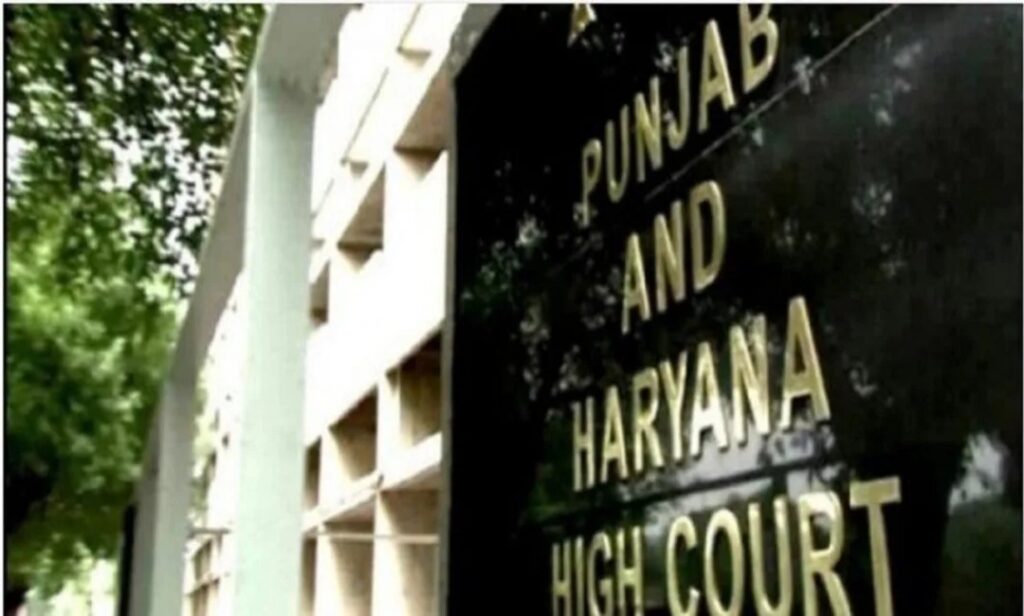Shahin Akhtar
The Punjab and Haryana High Court on 28.07.2025 has raised serious concerns about the manner in which arrests are being made under the Central Goods and Services Tax (CGST) Act. According to the Court, these arrests seem to be driven more by urgency than necessity, which is a troubling. The Court’s observations came while granting bail to individuals accused in a case involving alleged GST evasion of Rs. 107 crores through fake invoices and input tax credit claims by Hon’ble Mr. Justice Harpreet Singh Brar.
It appeared to the Court that the Authorities were more focused on making arrests than on pursuing trials with the same level of urgency. This has resulted in a disappointingly low number of convictions in GST evasion cases since the GST regime began in 2017. The Court questioned the effectiveness of the investigation process, highlighting the need for a more balanced approach.
One of the key issues highlighted by the Court is the rare service of notices under Sections 73 and 74 of the CGST Act before arrests were made. In fact, the data presented to the Court suggested that arrests were often made without prior notice, while cases where notices were served often don’t involve arrests. This pattern indicates a deviation from the established procedure, which could undermine the fairness and justice of the process.
The Court emphasized that economic offenses require a sophisticated investigation, but such investigations cannot go on indefinitely without any substantial progress. The Authorities seem to be more focused on curtailing the liberty of prospective accused individuals rather than concluding trials and securing convictions. This approach raises serious concerns about the efficacy of the investigation and the impact on public faith in the justice system.
The Court’s observations highlight the need for a more nuanced approach in enforcing the CGST Act. By prioritizing both the protection of public revenue and the rights of individuals, the authorities can ensure that justice is served while also upholding the principles of fairness and accountability.
The Court granted bail to the accused individuals in this case. This grant of bail by the Court- underscores the importance of balancing individual rights with the need to protect public revenue.
The Punjab and Haryana High Court’s observations serve as a reminder of the importance of fairness and accountability in the application of the law.
Case Name:
1. Manish Kumar v. Directorate General, Goods & Service Tax Intelligence, Zonal Unit, Ludhiana
2. Amit Kumar Goyal v. Directorate General, Goods & Service Tax Intelligence, Zonal Unit, Ludhiana
Case Number:
1. CRM-M-8675-2025(O&M)
2. CRM-M-14956-2025(O&M)
Bench: Hon’ble Mr. Justice Harpreet Singh Brar
Click here to access the order
Instagram: Click here
LinkedIn: Click here

